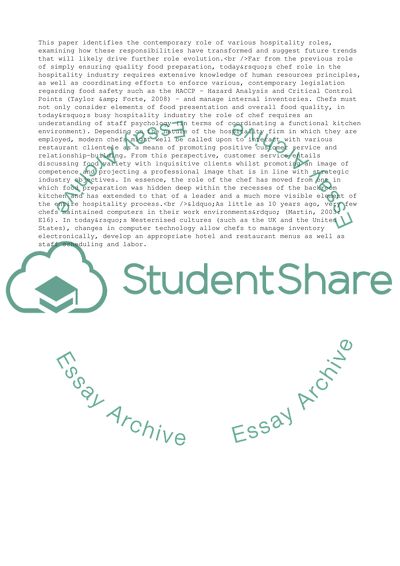Cite this document
(Changing Staff and Managerial Roles in the 21st Century Essay, n.d.)
Changing Staff and Managerial Roles in the 21st Century Essay. https://studentshare.org/management/1717283-the-contemporary-hospitality-industry
Changing Staff and Managerial Roles in the 21st Century Essay. https://studentshare.org/management/1717283-the-contemporary-hospitality-industry
(Changing Staff and Managerial Roles in the 21st Century Essay)
Changing Staff and Managerial Roles in the 21st Century Essay. https://studentshare.org/management/1717283-the-contemporary-hospitality-industry.
Changing Staff and Managerial Roles in the 21st Century Essay. https://studentshare.org/management/1717283-the-contemporary-hospitality-industry.
“Changing Staff and Managerial Roles in the 21st Century Essay”. https://studentshare.org/management/1717283-the-contemporary-hospitality-industry.


